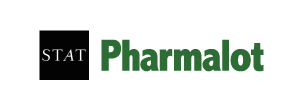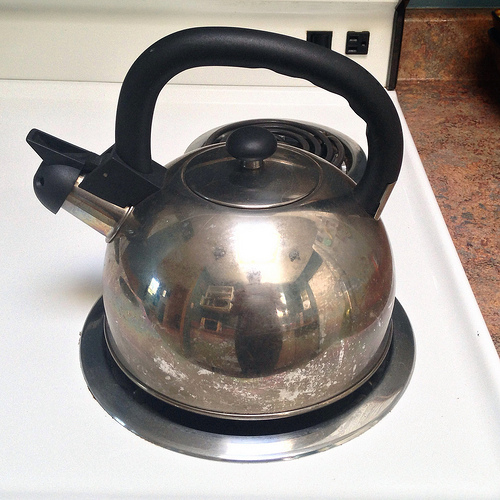The drug makers that sell a new and expensive type of cholesterol-lowering treatment will provide discounts to the nation’s largest pharmacy benefits manager, a move that may defuse yet another simmering controversy over the cost of medicines.
In exchange for the givebacks, the benefits manager, Express Scripts, will give the drugs preferential placement on its formulary, a list of medicines that are eligible for insurance reimbursement. The size of the discounts, however, was not disclosed. Terms differ for each drug, but these also were not disclosed.
By striking this deal, the drug makers – Amgen, Sanofi and Regeneron Pharmaceuticals – are betting they can quickly boost sales, while the benefits manager can crow to its clients that it is lowering costs. “Our goal was to get the lowest price possible with most patient access possible,” Express Scripts chief medical officer Dr. Steve Miller told us.
The drugs have garnered considerable notice because clinical trials show the medicines lower so-called bad cholesterol, or LDL, by a significant amount, although studies are still under way to demonstrate whether they can reduce heart attacks and strokes. But the treatments have also gained considerable attention because they are among a batch of newer medicines carrying high price tags.
Repatha, which is sold by Amgen, has a list price of $14,100 a year, while Praluent, which is marketed by Sanofi and Regeneron, costs $14,600. They were approved to help people who are unable to lower their cholesterol with statins, a widely used and much cheaper treatment. The costs are expected to run high because the drugs must be taken indefinitely.
Even before the treatments were approved this summer, payers anticipated the drugs would become budget busters, adding to an already anxious climate over prescription drug prices. An official at CVS, which runs a rival pharmacy benefits manager, recently suggested that clinical guidelines for treating cholesterol should be changed in order to dissuade widespread use of the new medicines.
The recent concerns over drug pricing can be traced, in part, to the $1,000-a-day that Gilead Sciences charged when its Sovaldi hepatitis C treatment hit the market nearly two years ago. The price triggered a firestorm and accelerated a national debate over prescription drug costs.
In the interim, drug makers have been on the defensive and their pricing practices have come under a microscope. And payers – insurers and pharmacy benefits managers – have been angling to take advantage by playing one drug maker against another to get discounts or rebates.
“Ever since then, there has been more willingness [by insurers] to exclude major brand-name drugs from formularies,” said Ryan Baum, an analyst at Sector & Sovereign Research. “That’s been a credible threat [to drug makers]. So there appears to be more willingness among drug makers to come to the table and talk about value. Everybody wants to play nice now.”
Besides the discount, Miller explained that Express Scripts will also seek to lower spending on the cholesterol-lowering medicines by restricting access to patients who have demonstrated that statins or other treatments failed to sufficiently lower their LDL cholesterol. Already, the benefits manager has been turning down about half of the patient requests. And if the drug makers raise their prices by a certain amount above the inflation rate, Express Scripts is entitled to a rebate.
As a result, the benefits managers claims its spending on the drugs will amount to $750 million or so next year, less than what was previously forecast, although Miller declined to specify the previous forecast or exactly how many people he expects will be treated. Express Scripts currently covers about 25 million Americans on its national preferred formulary.
But to what extent these deals will significantly lower overall costs may still be hard to know, said Steven Pearson, who heads the Institute for Clinical and Economic Review, a non-profit research group in Boston that believes the two medicines would only be cost effective if they were priced at $2,180 a year.
He estimates that about 2.6 million Americans will be eligible to use either medicine – and that is before any off-label usage, which could increase prescription writing.
“Do the math,” he said. “At list price, that’s about $20 billion. That’s a lot of cost. That will change due to the discounts, but by how much, we don’t know. But even with a discount, I still think these drugs will have a very significant financial impact.”
 Print This Post
Print This Post




